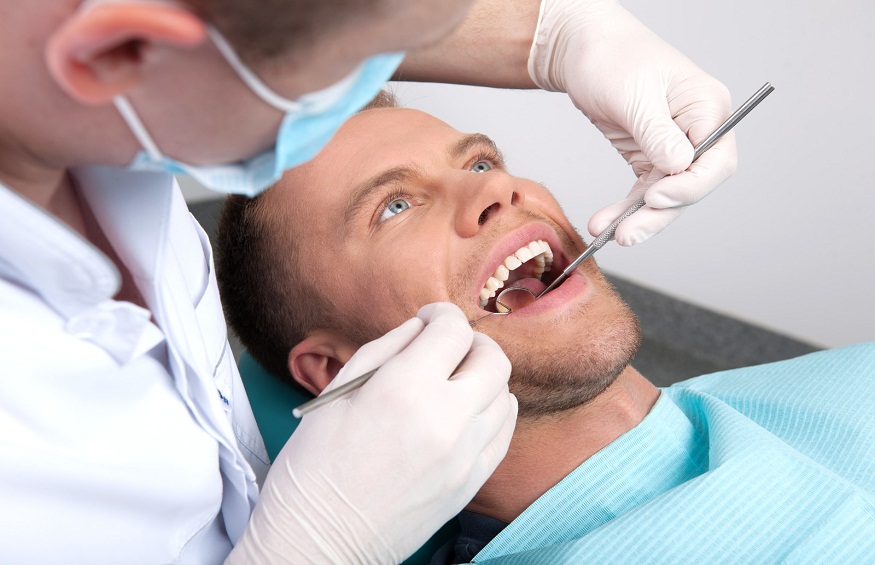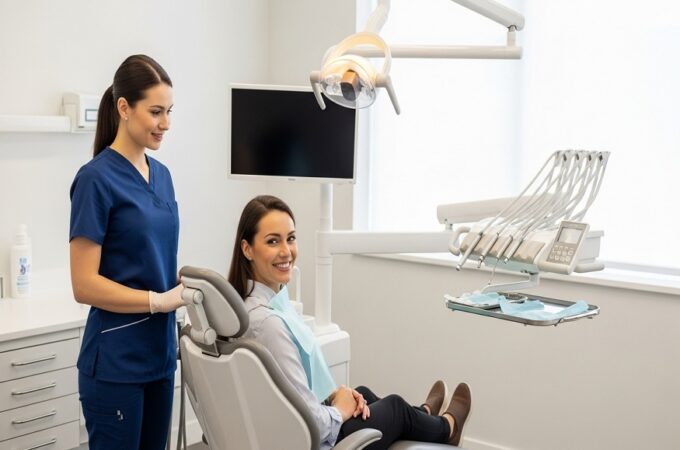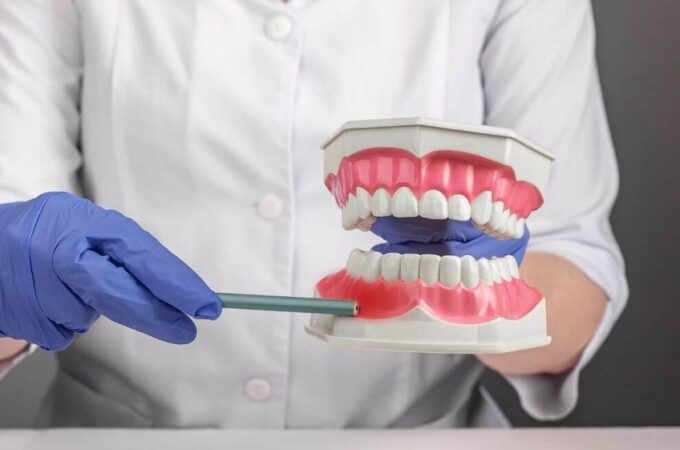
3 Most Common Dental Problems And How To Spot Them
Taking care of our teeth is something we often take for granted, until something goes wrong. From the food we eat to our daily oral care habits, the health of our mouth plays a pivotal role in our overall well-being—especially in children, whose dental health sets the stage for their adult teeth. Keeping an eye out for the most common dental issues can prevent a small problem from becoming a significant health concern. In this post, we’ll explore the three most widespread dental problems, how to spot them, and the best ways to keep your family’s smiles bright and healthy.
1. Cavities (Dental Caries)
Cavities, also known as dental caries, are damaged areas in the tooth’s surface that evolve into tiny openings or holes. They are caused by a combination of factors that contribute to dental decay. These factors include the presence of bacteria in your mouth, frequent snacking on sugary or acidic foods, sipping sugary drinks that coat the teeth in sugar, and the failure to clean your teeth thoroughly through regular brushing and flossing. While cavities are particularly prevalent among children, due to their fondness for sweets and sometimes lax dental hygiene, they can indeed affect anyone with teeth, regardless of age. Without proper dental care, cavities can lead to more severe dental issues, highlighting the importance of maintaining good oral hygiene practices.
How to Spot Them
Early signs of cavities include visible holes or pits in your teeth, toothache, and sudden sensitivity to sweet, hot, or cold foods and drinks. Regular dental check-ups can help catch cavities early before they lead to more serious issues.
2. Gum Disease (Periodontal Disease)
Gum disease, also known as periodontal disease, is an infection of the gums that play a crucial role in supporting your teeth. It stands as one of the primary reasons for tooth loss among adults. This condition typically progresses at a slow pace but tends to become more severe with advancing age, often due to cumulative exposure to risk factors. At its core, gum disease is caused by the buildup of plaque, a sticky film of bacteria that forms on your teeth. If not adequately removed, plaque can harden into tartar, further exacerbating the condition and making it more difficult to treat. The situation can be significantly worsened by many factors, including the use of tobacco, which has been shown to contribute to the severity and progression of gum disease. Additionally, poor dental hygiene practices, such as irregular brushing and flossing, can accelerate the buildup of plaque and tartar.
Certain medical conditions, especially those that affect the immune system like diabetes, can also increase the risk of developing gum disease, making it even more important for individuals with these conditions to maintain diligent oral care.
How to Spot It
Gum disease in its early stage, known as gingivitis, can present as red, swollen gums that may bleed when you brush or floss. If not treated, it can progress to periodontitis, leading to gums pulling away from the teeth, creating spaces that become infected.
3. Tooth Sensitivity
Tooth sensitivity is a common dental issue where individuals experience pain or discomfort in their teeth when exposed to various stimuli such as sweets, cold air, hot drinks, cold drinks, or ice cream. This discomfort can range from a mild twinge to severe pain, making it difficult to enjoy certain foods and drinks. Moreover, some people with sensitive teeth may find even daily oral hygiene practices like brushing and flossing to be uncomfortable. The causes of tooth sensitivity can vary, including cavities, fractured teeth, worn tooth enamel, exposed tooth roots, or gum disease. Each of these conditions can contribute to the sensitivity by exposing the inner layers of the tooth or roots to external factors, leading to discomfort or pain.
How to Spot It
The primary indication of sensitivity is a sudden, sharp flash of pain when eating or drinking something cold, hot, sweet, or very acidic. If you notice these symptoms, it’s essential to discuss them with your dentist to determine the cause.
Prevention Is Better Than Cure
Fortunately, many dental issues, including these three, can be prevented with proper care and regular visits to the dentist. Here are some tips to maintain good oral health for the whole family:
- Regular Brushing and Flossing: It’s crucial to teach your children the importance of maintaining oral hygiene by brushing at least twice a day using fluoride toothpaste. This helps remove plaque and prevent cavities. Flossing daily is also essential for removing debris that a toothbrush can’t reach between the teeth.
- Limit Sugary Drinks and Snacks: Encouraging children to adopt healthy eating habits is fundamental for dental health. Limiting the intake of sugary drinks and snacks minimises the risk of tooth decay. Instead, promote the consumption of vegetables, cheese, and nuts, which are beneficial for teeth.
- Use Dental Products with Fluoride: Fluoride plays a pivotal role in oral health by strengthening tooth enamel, making it more resistant to decay. Using dental products, such as toothpaste and mouthwash that contain fluoride, can provide an extra layer of protection against cavities.
- Regular Dental Visits: Regular dental check-ups and cleanings are essential for maintaining oral health. Everyone, regardless of age, should visit their dentist regularly, typically every six months. These visits allow professionals to detect and treat problems early and to perform a thorough cleaning that removes plaque and tartar build-up.
Ending your day by following a healthy dental routine is essential for preventing a variety of common dental issues. By remaining vigilant and nurturing good oral hygiene habits not only in yourself but also in your family members, you significantly increase the chances of maintaining strong, healthy teeth for both you and your children well into the future. It’s important to remember that in the realm of dental health, adopting a proactive approach is key; the best offence truly is a good defence. Don’t wait until pain or discomfort becomes an unbearable part of your daily life. Instead, take the initiative to schedule regular dental check-ups and consultations with your local dentist in varsity lakes. Doing so will ensure that dental health becomes a top priority within your household, helping to avoid the onset of preventable dental conditions and ensuring a brighter, healthier smile for everyone.





